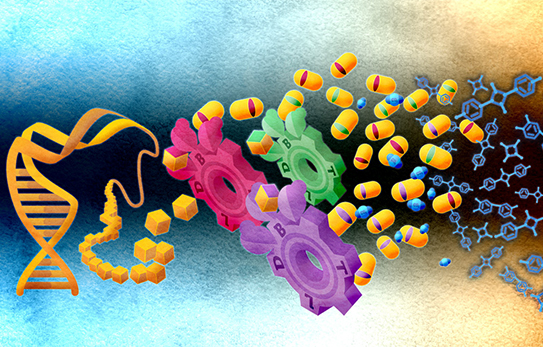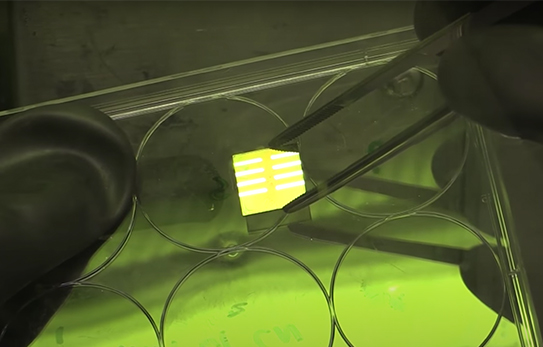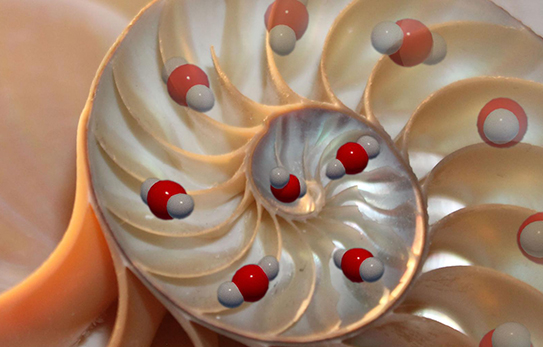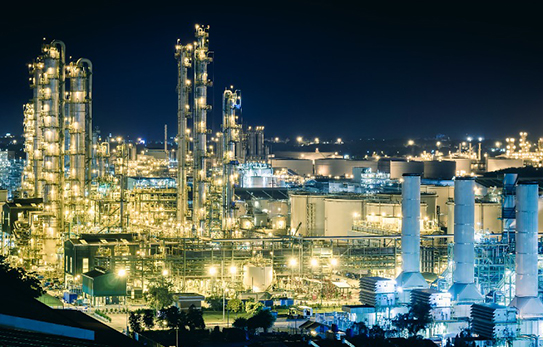By Lindsey Doermann
December 5, 2022
Working at the nanoscale up to the systems level, UW chemical engineers are focused on speeding the adoption of renewable power, slashing energy demands of industrial processes, and so much more. Here’s a glimpse into how chemical engineers are leading the charge to a more sustainable future.

Retooling microbes to upcycle CO2
An interdisciplinary, UW-led team of synthetic biologists is engineering microbial genomes to transform CO2 into high-value chemicals.

Battery Data Genome
Invoking the Human Genome Project of the 1990s, the proposed Battery Data Genome aims to unify data acquisition and sharing practices across the battery community — and accelerate engineering of the next generation of batteries.

Artificial intelligence to improve clean energy
ChemE’s are applying their AI skill set to identify, understand and predict the failure modes of perovskite solar cells and solid oxide fuel cells. New insights could remove barriers to commercialization.

Mimicking nature to store carbon dioxide in minerals
Reaching carbon-negative goals requires finding new ways to capture carbon from the environment and store it. One approach is to convert CO2 gas into stable solids.

route_dynamics
An open-source Python software package uses geographical information, ridership numbers, and vehicle acceleration data to model how electric bus batteries perform over different routes.

Decarbonizing industrial chemistry
Industrial separations and distillations currently account for 10-15% of global energy use, but advanced membrane-based technologies can eat away at that big chunk of the emissions pie.